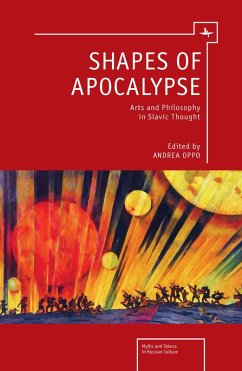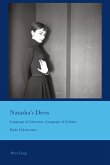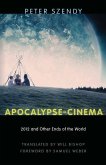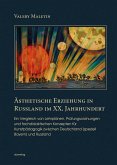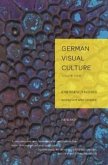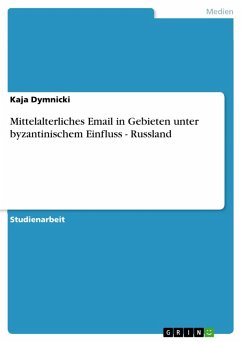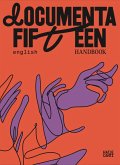This collective volume aims to highlight the philosophical and literary idea of apocalypse within key examples in the Slavic world during the nineteenth and twentieth centuries. From Russian realism to avant-garde painting, from the classic fiction of the nineteenth century to twentieth-century philosophy, not omitting theatre, cinema or music, the concepts of "end of history" and "end of present time" are specifically examined as conditions for a redemptive image of the world. To understand this idea is to understand an essential part of Slavic culture, which, however divergent and variegated it may be, converges on this specific myth in a surprising manner.
Dieser Download kann aus rechtlichen Gründen nur mit Rechnungsadresse in A, D ausgeliefert werden.

